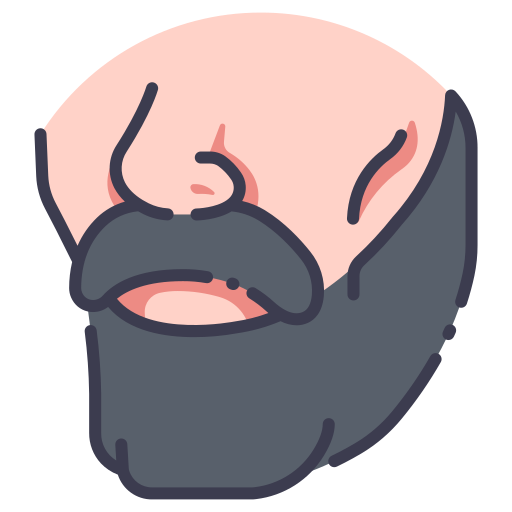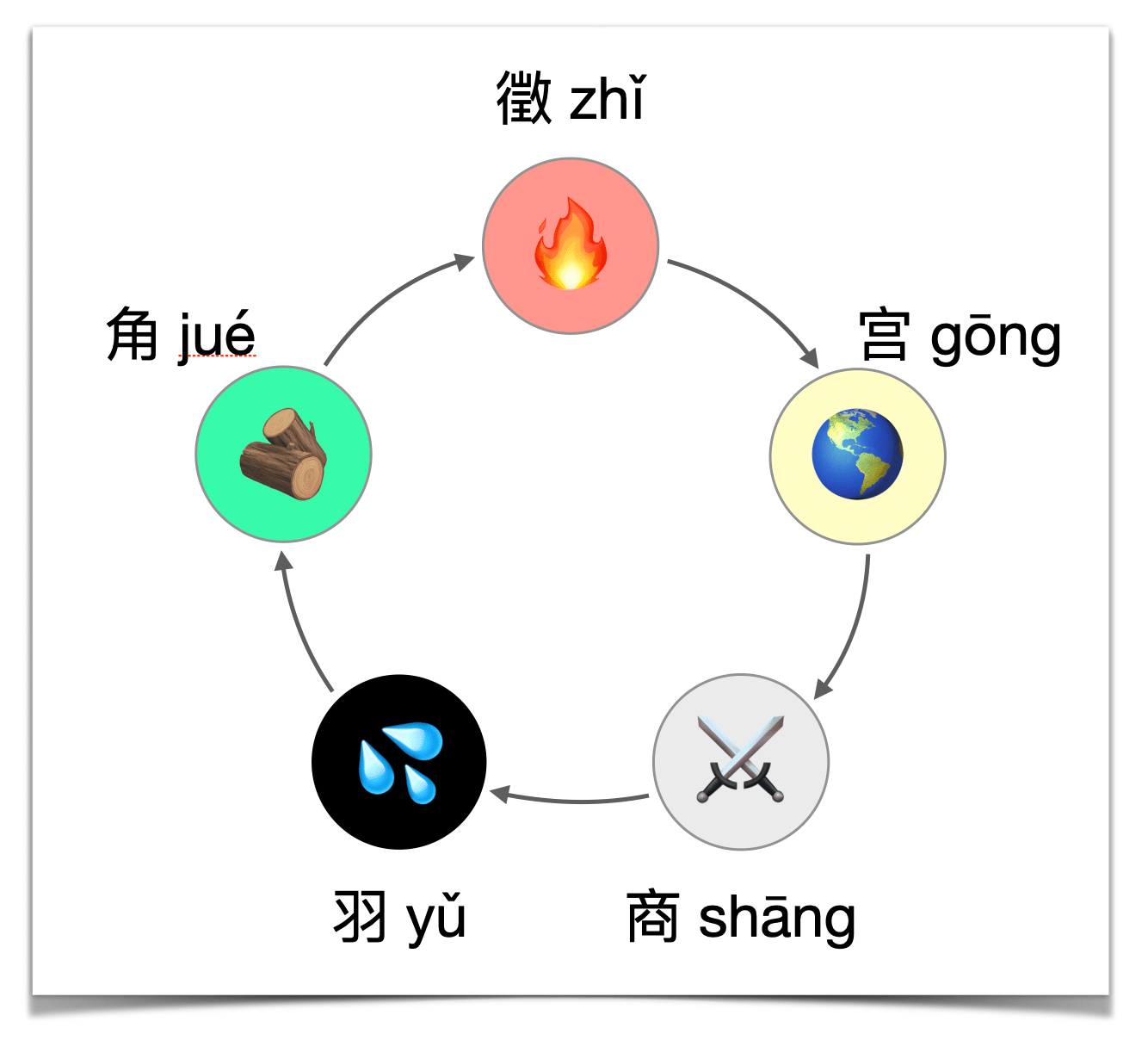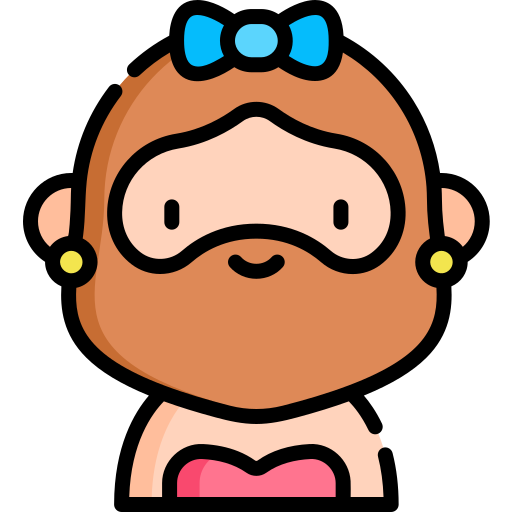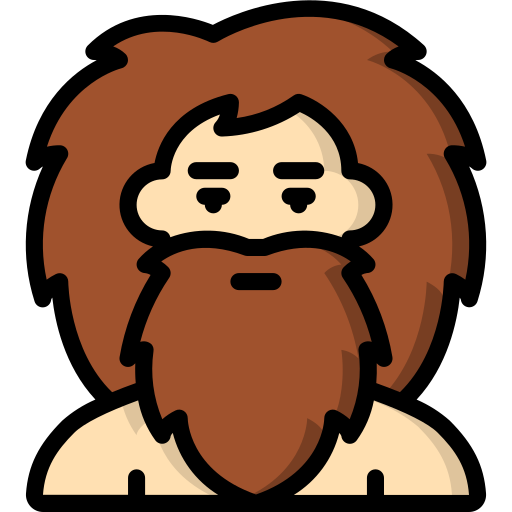🧔🏻♂️ Beautiful Beards in TCM
Earlier this week I was trying to track down the quote, "The Yangming channel is full of qi and blood."
(A footnote in Deadman says it comes from chapter 9 of the Ling Shu. After a bit of searching, I actually found it in chapter 24 of the Su Wen and then again in chapter 65 of the Ling Shu).
But along the way, I ran into an interesting passage where Huang Di asks about beards:
- Why don't women have beards?
- If a soldier injures his penis, why does his beard remain?
- Why don't eunuchs have beards?
So this week I thought it would be fun to talk about beards and how to make them beautiful...
Beards in Chinese Medicine
I don't mean to brag, but I sometimes get compliments on my beard.
(I mostly attribute it to genetics, but also the fact that I trim it so I don't look like a homeless person.)
But while I was digging through the Huang Di Nei Jing, I found a fun passage where Huang Di and Qi Bo start discussing beards.

Beards According to the Nei Jing
This comes from chapter 65 of the Ling Shu, titled "Five Tones, Five Substances".
The chapter starts off by discussing the five tones (or five musical notes) and their relation to the five phases (we've talked about this a little bit before with Lung point names).

But after pages of talking about tones and their corresponding channels, Huang Di suddenly starts asking about beards.

Women and Beards
He begins with:
Women have no beard, is that because they lack qi and blood?
Qi Bo responds by saying it is because both the Ren Mai and Chong Mai have a branch that encircles the lips. When these vessels are full of blood (not qi), hair grows in this area. But since women lose blood regularly through their period, the Ren and Chong are unable to supply blood to the area around the lips, and a hence a beard does not grow.
His full reply is:
Both the throughway vessel and the controller emerge from the [uterus] bladder. They ascend along the spine and they constitute a sea that supplies the conduits and network [vessels]. Those that are at the surface, they pass the abdomen on the right and move upward to tie up with the throat. A diverging branch circles around the lips and the mouth. When both blood and qi abound, then they fill the skin and heat the flesh. When only the blood abounds it will seep into the skin and generates the fine hair there. Now, women have a life-long surplus of qi. Their blood is insufficient since they frequently lose blood. Neither the throughway nor the controller vessel are able to supply the mouth with the lips. Hence a beard does not grow.

The Injured Yin Organ
Huang Di then asks a strange question: if a soldier injures his penis, why does his beard not disappear? Why does it only vanish in eunuchs?
Huang Di:
When a soldier’s yin [organ] is injured, [the flow of his] yin qi is interrupted and [the yin organ] fails to stiffen. The yin [organ] has lost its function. His beard, though, does not vanish. Why is that? Why do they vanish only on eunuchs? I wish to be informed of the underlying reason.
Qi Bo:
With eunuchs it is as follows: Their stem sinew is removed; their throughway vessel is injured. Blood and qi cannot recover. Knots form in the skin. The lips and the mouth receive no nourishment. Hence a beard cannot grow.
So I guess just injuring the penis is not enough to damage the Chong Mai. But cutting off the penis is...

Congenital Eunuchs
Huang Di then asks about "congenital eunuchs". They have not lost blood (like women do during their periods), but they still do not grow a beard. Why is that?
(I believe in China, eunuchs were typically castrated as adults [meaning they had beards that then vanished after castration]. Congenital eunuch refers to someone who was born with underdeveloped genitalia.)
Qi Bo basically says that they don't have enough pre-heaven essence. They have qi, but not enough blood to nourish the area around the lips.
Huang Di:
There are those who are congenital eunuchs who never were injured. They have not lost blood, and still do not grow a beard. Why is that?
Qi Bo:
They have not been endowed sufficiently by heaven. Their controller and throughway [vessels] do not abound [with qi]. Their stem sinew is not complete. They have qi, but they lack blood, and lips and mouth receive no nourishment. Hence a beard does not grow.

Beautiful Beards and Diagnosing Beards
Huang Di finishes the discussion of beards by saying:
Beautiful eyebrows [are a sign of ] much blood in the major yang [realm], long full beards [are a sign of] much blood in the minor yang [realm], a beautiful beard [is a sign of] much blood in the yang brilliance [realm]. It has always been so.

So what the difference between a "long, full beard" and a "beautiful beard"?
I'm not entirely sure, but here's my guess:
There's a formula called Seven-Treasure Special Pill for Beautiful Whiskers (Qi Bao Mei Ran Dan).
When explaining the name, Bensky writes: "Black whiskers were considered more beautiful than gray, and there are seven ingredients in the pill, hence the name.
So I would assume a "beautiful beard" means one that is black instead of grey.
And of course, the chief herb in this formula is He Shou Wu. So He Shou Wu isn't just for premature greying of hair on your head; it's also for maintaining a beautiful beard.
So if you want to have a beautiful beard, make sure that your Yangming is full of blood!
